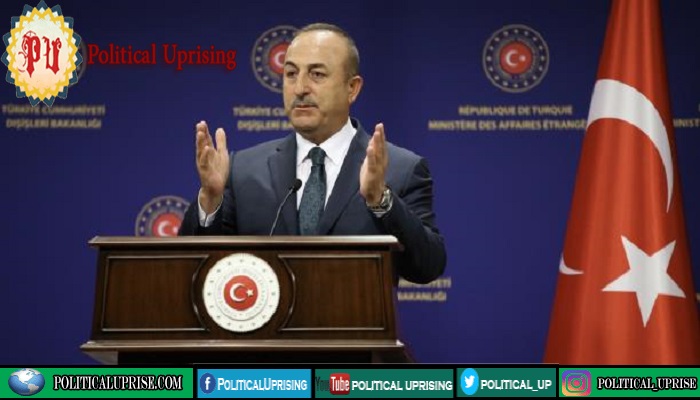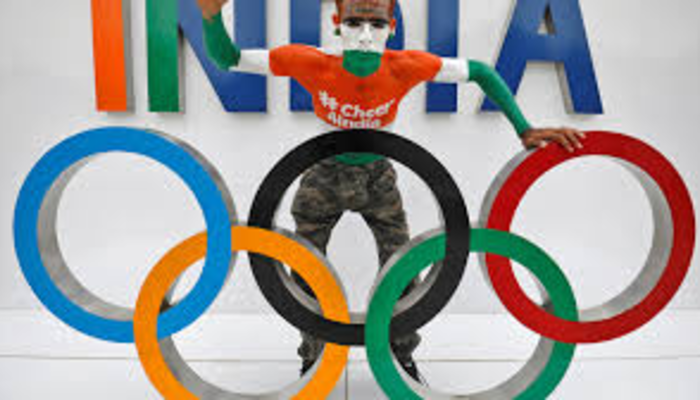Senior Chinese Communist Party leader holds talks with Prime Minister Oli and President as the ruling communist party on the verge of split.
A Chinese delegation reportedly held talks with Nepali Prime Minister Khadga Prasad Sharma Oli and President Bidya Devi Bhandari in Kathmandu in a first diplomatic step by the neighbouring power after the prime minister dissolved parliament a week ago.
The four-member delegation led by Guo Yezhou, a vice minister in the international department of the Communist Party of China, arrived in Kathmandu to assess the political situation following the rift in the governing Nepal Communist Party (NCP).
China has poured millions of dollars into Nepal in recent years in aid and infrastructure investment as it incorporates the country in President Xi Jinping’s Belt and Road Initiative project.
In the past few years, many Nepali communist leaders have visited China for “training programmes” amid growing engagements between the NCP and the Chinese Communist Party.
Sandwiched between China and India, politics in Nepal is also influenced by the priorities of its giant neighbours. India has been pushing back against Beijing’s growing clout in a country that New Delhi considers its own backyard.
Prime Minister Oli decided to dissolve the country’s parliament last Sunday and called for parliamentary election more than a year ahead of the schedule following a power struggle in the NCP. He had led an alliance with former Maoist rebels to a landslide victory in 2017.
The move triggered deep political unrest and street protests in the Himalayan nation as it grapples with the COVID-19 pandemic and left the ruling party on the verge of a split.
“I think the Chinese have come to assess the overall situation after the dissolution of parliament and virtual break-up of the Nepal Communist Party,” said Narayan Khadka, a senior leader of the opposition Nepali Congress party.
The Chinese Embassy in Nepal was not immediately available for comment.
Earlier, Bishnu Rijal, a central committee member of the NCP, said the Chinese official was expected to meet Oli and his opponents.
Oli has said that internal squabbling and a lack of cooperation from his party paralysed decision-making, forcing him to seek a fresh popular mandate, but opponents say he rushed with the decision before exhausting all the options.
On Friday hundreds of protesters including three former prime ministers sat on a road near Oli’s office against his sudden move. They say Oli had no power to dissolve parliament and that he had violated the constitution.
“We’ll organise stronger protests against this dissolution by an unrestrained prime minister,” said Pushpa Kamal Dahal or Prachanda, one former prime minister.
Oli has rejected their demands and pledged to press ahead with parliamentary elections next year, on April 30 and May 10.
The prime minister has lost support within his ruling party this year, with some senior members accusing him of sidelining them in decision making and key appointments, and calling for him to step down.
Nepal’s 2015 charter does not give the prime minister the prerogative to dissolve the parliament without exhausting alternatives, constitutional expert Bipin Adhikari said.
“It is unconstitutional at the first sight,” he said.
The Supreme Court is hearing more than a dozen petitions challenging the dissolution of parliament and calling of early elections. It has given the government until January 3 to provide reasons for the dissolution, said the Supreme Court spokesman Bhadrakali Pokharel.



